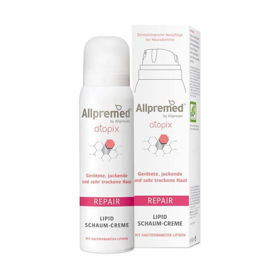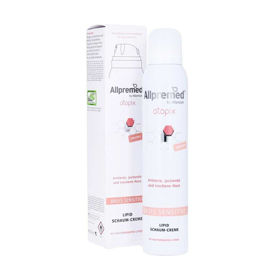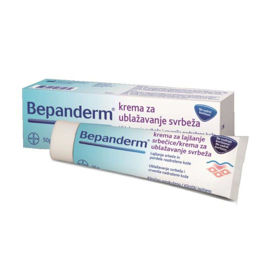Customer question:
Can liver disease cause itchy skin? Anonymous customer's question
Pharmacist's answer:
Skin itching is a common symptom of chronic liver diseases. However, it is still unclear why some liver diseases cause itching, and others do not.
The link is thought to involve pruritogens, substances associated with itching and the nervous system.
The most common types of liver diseases that cause itching are:
- Primary biliary cholangitis (PBC)
- Primary sclerosing cholangitis (PSC)
- Intrahepatic cholestasis of pregnancy
Liver diseases that cause itching cause bile flow to slow down or stop. Chronic hepatitis B and C and liver cirrhosis can also cause itching. In addition, Alagill syndrome (a genetic disorder characterized by a reduced number of bile ducts) also includes itching as one of the symptoms.
Some experimental and clinical studies have been conducted, but scientists have yet to identify a single substance responsible for itching in liver disease. Instead, it is believed to be caused by several factors.
Here are some possible causes that researchers are studying:
- Bile salts: if you have liver disease, higher levels of bile salts can build up under the skin, causing itching.
- Histamine: some people with pruritus have elevated histamine levels. However, antihistamines are usually not effective in treatment.
- Serotonin: Serotonin can alter the perception of itch. This may be why selective serotonin reuptake inhibitors (SSRIs) can help control itching in some people.
- Female sex hormones: itching sometimes worsens during pregnancy or if you are on hormone replacement therapy.
- Serum alkaline phosphatase (ALP): people with pruritus associated with liver disease may have elevated ALP.
- Lysophosphatidic acid (LPA) and autotaxin (the enzyme that forms LPA): LPA affects many cellular functions. People with pruritus and liver disease may have higher LPA levels.
Itching usually does not mean worsening liver disease. Theories that explain why the intensity of itch varies focus on the nature of the nerve pathways that transmit the sensation or perception of itch.
Treatment will depend on your symptoms and the type of liver disease you have, although not everyone may respond. Some treatments for pruritus associated with liver disease include:
- avoiding scratching, as this can worsen symptoms and increase the risk of infection
- limiting the time you spend in hot environments such as direct sunlight and humidity
- removing specific skin irritants from your daily routine
- use of corticosteroid cream or cream with menthol (cooling effect on the skin)
- Trying oral anti-itch medications such as cholestyramine, which binds bile in the gastrointestinal tract to prevent reabsorption
If you have liver disease, see your doctor any time you have new symptoms or worsening of existing ones, including itching. Although itching may not mean anything regarding disease progression or prognosis, you won't know for sure without a thorough examination.
It is essential to tell your doctor if you have trouble sleeping and if itching is affecting your quality of life. Your doctor can help you find the proper treatment methods to reduce your symptoms and limit the impact of itching on your life.
Interesting reading: Itchy Scalp
Interesting reading: Itchy Skin forum












